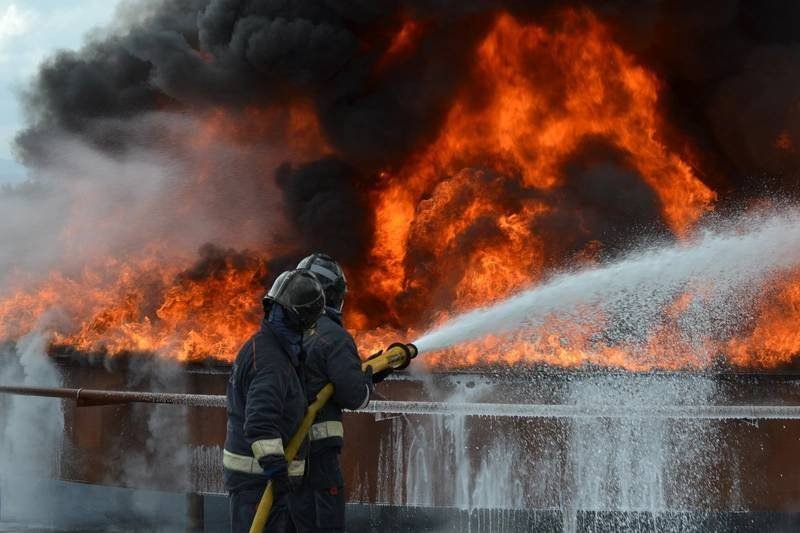Importance of Enhancing Ship Fire Safety:
Ship fire safety is of utmost importance in the transportation industry, especially with the increasing adoption of Electric Vehicle (EV) cargo transportation. While EVs offer numerous benefits such as reducing carbon emissions and enhancing energy efficiency, they also pose unique challenges when it comes to fire safety. The high energy density of EV batteries and potential thermal runaway incidents necessitate the implementation of adequate safety measures to mitigate risks. This article will explore the challenges of EV cargo transportation and the importance of preparing for it with appropriate safety measures.
Understanding the Challenges of EV Cargo Transportation:
Transporting EV cargo comes with its own set of challenges in terms of fire safety. The lithium-ion batteries used in EVs have a high energy density, making them susceptible to thermal runaway incidents, which can result in a fire that is difficult to control. Moreover, the potential for fire spread and difficulty in extinguishing EV battery fires poses significant risks to crew members, cargo, and the environment. Given the growing popularity of EVs and the subsequent increase in EV cargo transportation, it is crucial to understand these challenges and take proactive measures to enhance fire safety.
Implementing Adequate Safety Measures: A Necessity for Risk Mitigation:
To ensure the safe transportation of EV cargo, it is essential to implement adequate safety measures that mitigate the risks associated with fire incidents. This includes investing in advanced fire detection systems that can quickly identify and alert the crew to any potential fire outbreaks. Additionally, ships should be equipped with appropriate firefighting equipment, such as fire suppression systems designed to tackle EV battery fires effectively. Regular maintenance and inspection of these systems are also crucial to ensure their proper functioning in case of an emergency.
Promoting Fire Safety Awareness: Training and Preparedness:
Enhancing ship fire safety requires not only the implementation of safety measures but also promoting fire safety awareness among crew members. Training programs should be conducted regularly to educate the crew on recognizing and responding to fire incidents involving EV cargo. This includes providing them with the knowledge and skills to handle the unique challenges posed by EV battery fires. Furthermore, emergency response drills and simulations should be carried out to prepare the crew for real-life scenarios, enabling them to act swiftly and effectively in case of a fire outbreak.
Conclusion:
As the transportation industry continues to embrace the use of EVs for cargo transportation, it is crucial to prioritize ship fire safety. Understanding the challenges associated with EV cargo transportation and implementing adequate safety measures are imperative for mitigating risks. By promoting fire safety awareness and providing comprehensive training to the crew, we can ensure a safer environment for EV cargo transportation. With a proactive approach and a commitment to fire safety, we can enhance the overall safety standards of the shipping industry and pave the way for a secure and sustainable future.
Share it now











